Being Venetian by birth, I am a keen visitor to the Biennale – the contemporary art exhibition that is hosted by the city every two years. In 2019, reflecting this period of tumultuous change, the Biennale adopted the theme: “May You Live in Interesting Times”.
The phrase could be interpreted as a wish or a curse. It can evoke a sense of challenge or even menace, but it can also be an invitation to consider the turn of human events in all their complexity.
We who work in oncology are living in ‘very interesting times’. The field has been undergoing a permanent revolution over the past three decades. Molecular diagnosis and new imaging modalities have transformed clinical practice. We have seen the implementation of hormonal and targeted therapy, immunotherapy, CAR T cell technology, genetic engineering, enhanced radiation therapy and nuclear medicine – all of these with great advantages but also non-negligible toxicities.
The digital revolution has brought us big data and eHealth Technology. We now interrogate our genetic background, and sequencing and ’omics are in day-to-day use. We measure our health using a proliferation of smartphone apps – not all of them endowed with the same quality or reliability.
Costs have risen progressively, leading to therapies becoming less affordable and wide disparities in access emerging along geographic, ethnic, gender, age and socio-economic lines. Living longer frequently entails many years of poor health in later life, and often also loneliness – cancer is a disease of the whole body: organ, microenvironment, and soul.
In my own research, alongside the patient there is always the ‘non patient’ – the healthy person who is at risk of cancer. We need to ask: what does it mean to be truly ‘healthy’? And how can we learn about what stops healthy people tipping into sickness? Prevention studies are notoriously difficult as they seek to explore a non-event.
The term ‘chemoprevention’ was defined by Michael Sporn in the late 1970s as the use of natural, synthetic, or biologic agents able to delay, reverse, or inhibit tumor progression. Cancer World editor Alberto Costa was heavily involved in early clinical applications of the prevention concept in breast cancer in the 1980s and ’90s.
A recently emerging concept is ‘cancer interception’, a sort of early-adjuvant approach, introduced by Nobel laureate Elizabeth Blackburn, which strives to actively interrupt the growth of a tumour mass at its earliest stages. Craig Jordan’s tamoxifen studies, which are described in this issue, can be seen as an early example of using the interception approach in relation to secondary tumours.
We know that the health, wellbeing and happiness of cancer patients depend on many factors beyond diagnosis and therapy. Our approach should be not only Predictive, Preventive and Personalised Medicine (PPPM), but also Participatory, and with a Psycho-oncology dimension.
We need specialist nursing care, rehabilitation, good food and exercise, serenity. We need to think more deeply about what the ‘end of life’ and palliation should be.
These times are interesting: it is both a wish and a curse. “In times of great change,” observes Biennale President Paolo Baratta, “we must pay attention to the evolution of the world,” and we should ask ourselves, “How have we reacted?” He suggests that successfully navigating the complexity requires not reducing “to schemas and formulas – something which, by its very nature, is manifold.”
From its birth in 2004, Cancer World has sought to address all the many and complex aspects of cancer that matter to patients and where oncology professionals have a role to play.
I see it therefore as an honour and a responsibility to take over as editor of Cancer World to address new challenges for these ‘interesting times’ in oncology.

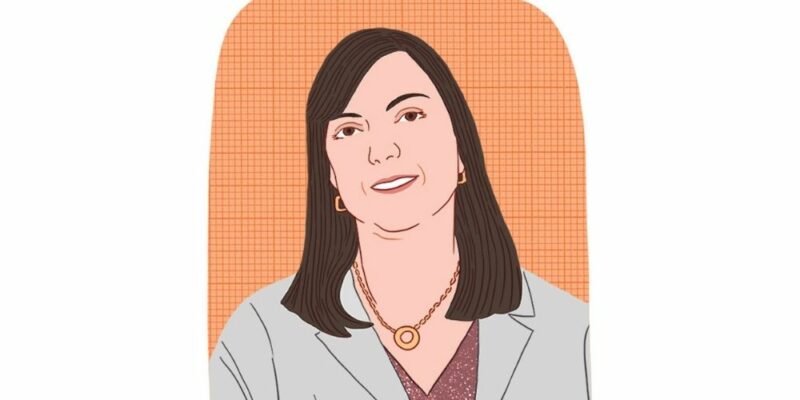
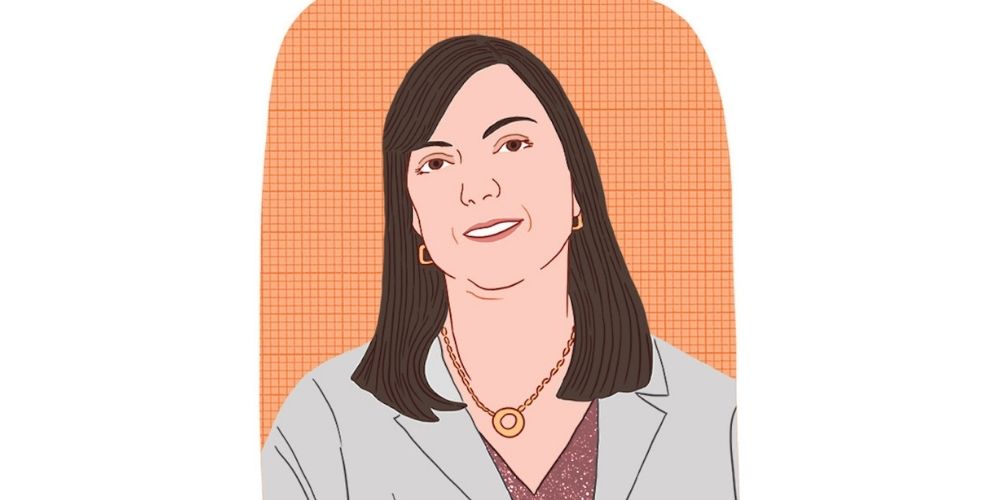

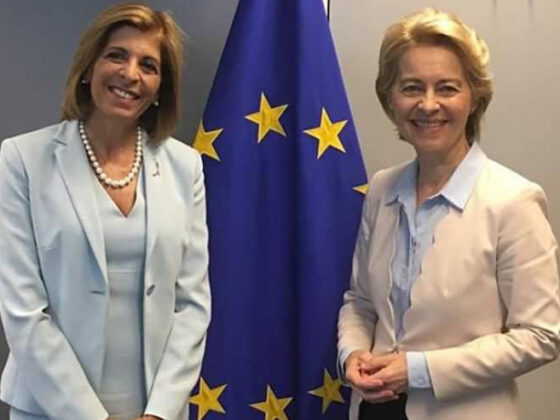
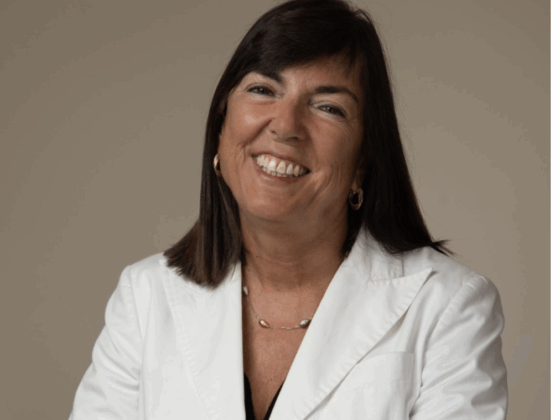

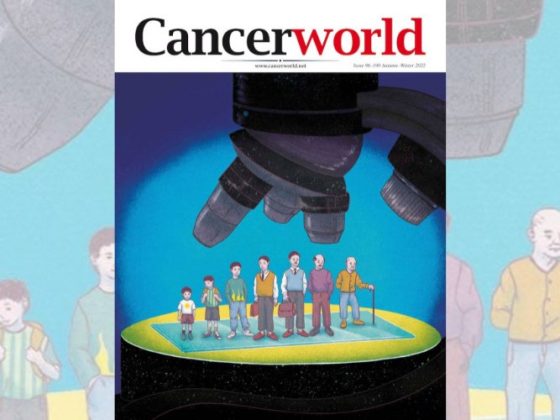


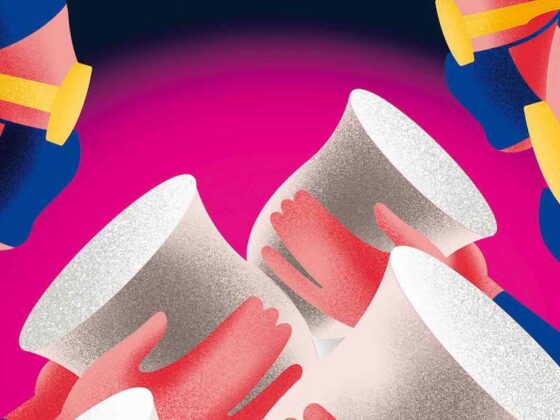
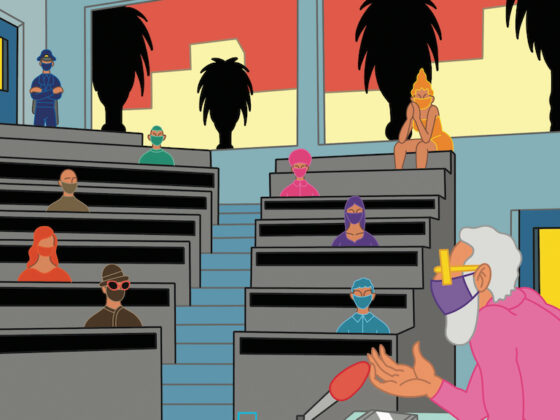
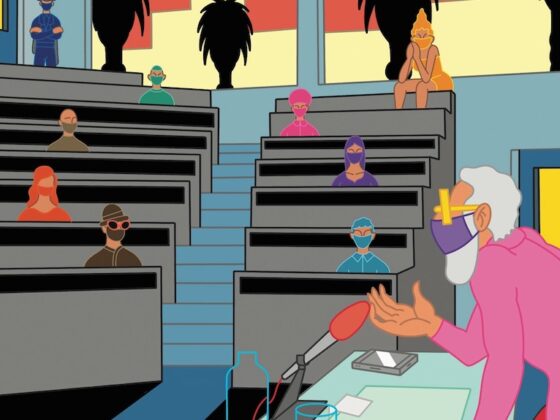
1 comment
Comments are closed.